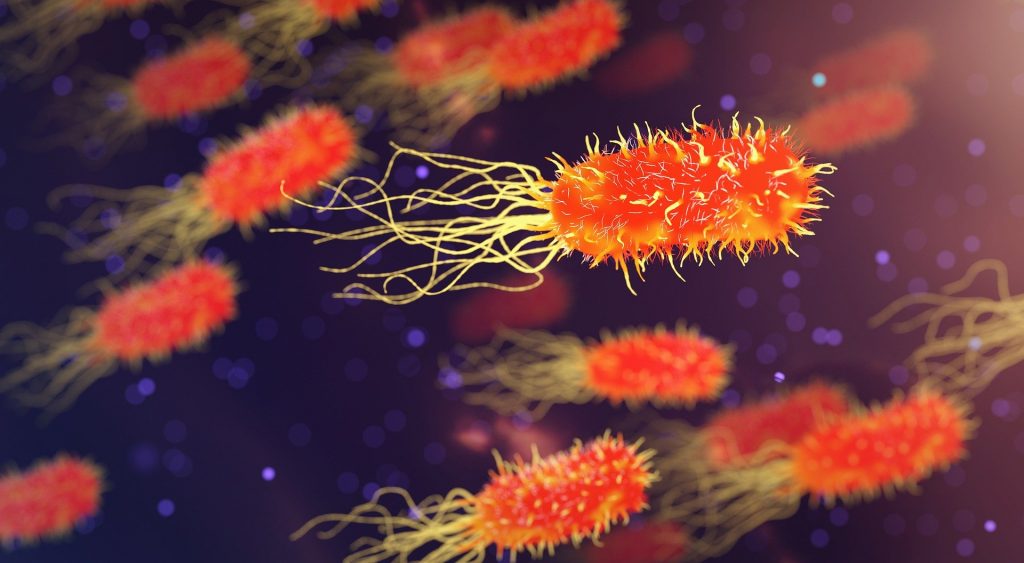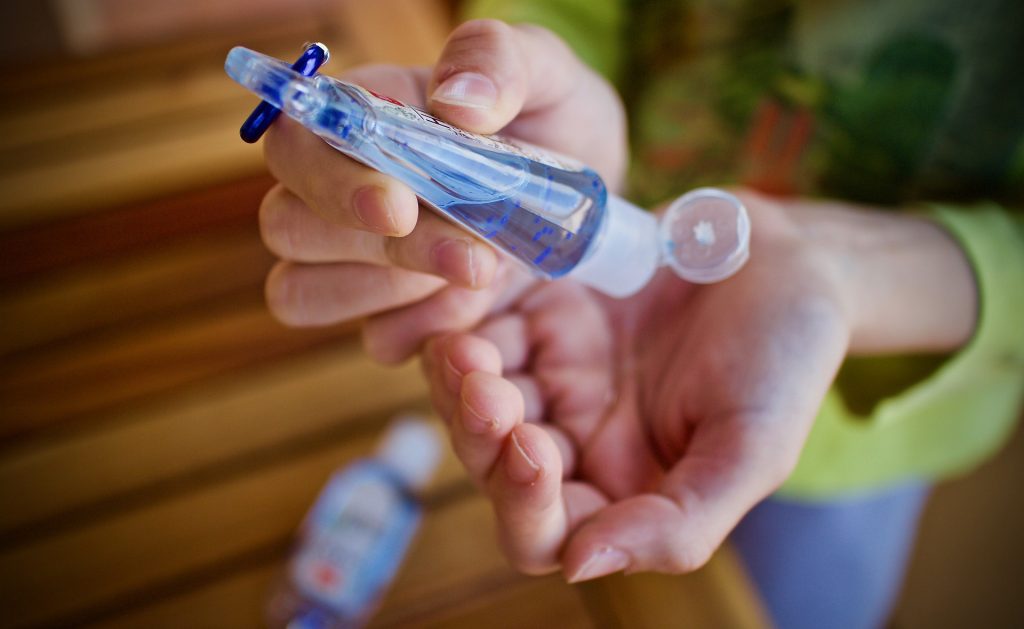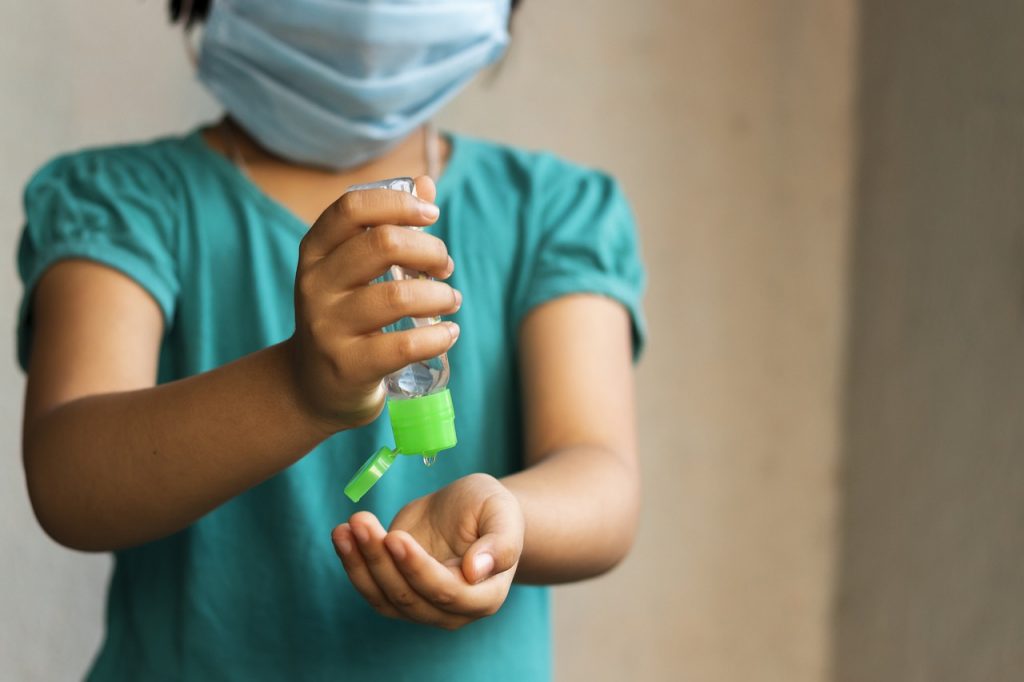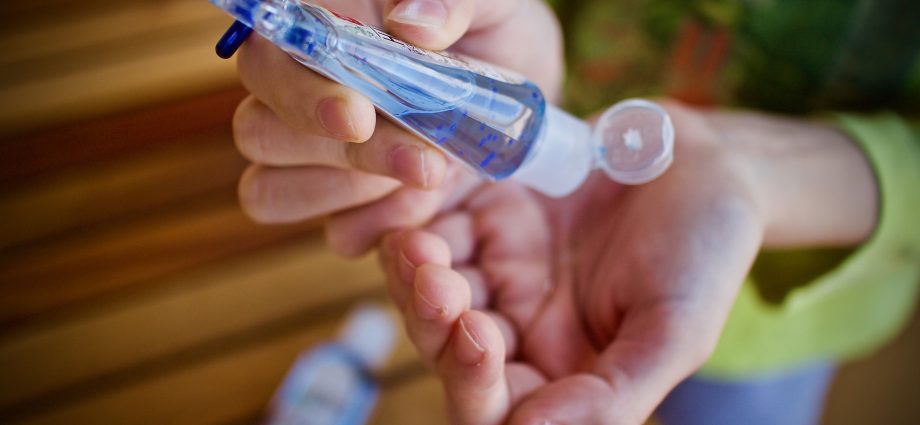Using hand sanitizers or not?
Before antibiotics were invented, our fight against bacteria resulted in death. Hand sanitizers were a great solution for this. We think we can use it freely, believing that it will not cause health problems. Is this really true?
We know that bad microbes cause the disease that infects us. We’ve also discovered that good bacteria can digest food and even prevent infections. Unfortunately, antibacterials cannot distinguish between good and bad bacteria. Should we use them to prevent diseases? Should we continue our lives with our infected hands?

These questions do not have an exact answer. “There is a view that hand sanitizers can change the microbiome you use please in several ways, and some of those aspects can have bad consequences,” says Jonathan Eisen, a microbiologist at the University of California. Killing for dangerous microbes also destroys the benefit bacteria found in the skin. When someone with a personal balance of bacteria disinfects it, it breaks that balance. We kill almost all good and bad microbes.
Although they did not contain a variety of standard antibiotics, microbes began to become resistant to some disinfectants. The whole society can banish harmful bacteria, but they can come back and hunt us. Antibiotic resistance is already a serious threat and is getting worse. So should we disinfect or not?

We should use them carefully and only when really needed. About what your hands are in contact with. Using the disinfectant you use is not a bad idea. But it should be on a normal day without contact, it should be disinfected, it is not necessary. It’s still not necessary if you start soap.
To use it correctly, soap has proven to be good at killing potentially infectious bacteria and viruses. If we can understand how certain microbes keep us healthy, we can know more conveniently to use them as often and for what use.
For now, follow Eisen’s recommendation and use disinfectants sparingly as much as you can. Imagine this is your last chance to defend the world against dirt.
Maybe you may be interested!



